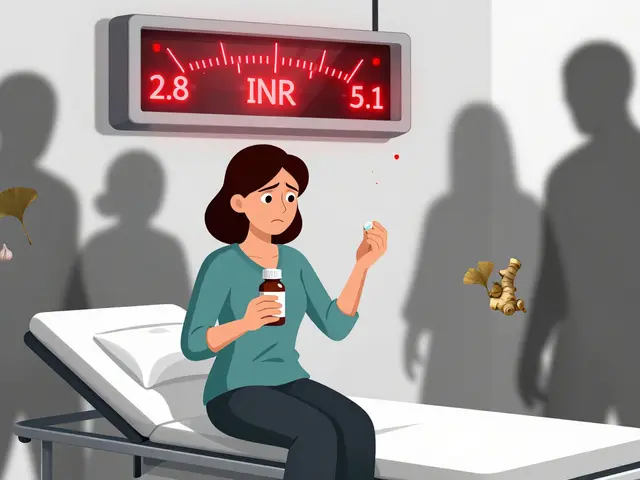Deworming Basics: What You Need to Know
Worms might sound like a storybook problem, but they’re a real hassle for people and pets alike. Deworming means using medicines called anthelmintics to kick those parasites out of your body before they cause trouble. Most of the time you’ll hear about roundworms, tapeworms, and hookworms – each one lives in a slightly different spot and needs a specific approach.
Why bother? Even a light worm load can steal nutrients, cause stomach pain, and lead to itchy skin. In kids, heavy infections sometimes show up as growth delays or anemia. For dogs and cats, untreated worms can spread to the whole household, especially if kids play on the floor.
When and How to Deworm Safely
Timing is everything. For humans, a single dose is often enough, but some infections need a repeat after a couple of weeks to catch new hatchlings. Kids under five should get a pediatric‑friendly formula, and pregnant women need a doctor’s go‑ahead before taking anything.
Pets get a simpler schedule. Puppies and kittens usually start deworming at two weeks old and then every two weeks until they’re three months old. After that, a monthly preventive works for most common worms. Always read the label – some tablets are for dogs only, and a cat’s dose can be much smaller.
Choosing the Right Product and Avoiding Scams
Buying deworming meds online can be tempting, but not every site is trustworthy. Look for pharmacies that require a prescription, show clear contact info, and have customer reviews that mention real deliveries. If a price seems too good to be true, it probably is.
In the U.S., over‑the‑counter options like mebendazole for pinworms are safe when you follow the package instructions. For more serious infections such as tapeworms, a prescription drug like praziquantel is the go‑to. In Australia and the UK, similar rules apply – you’ll need a doctor’s note before you can order most anthelmintics.
Never mix different dewormers without a professional’s advice. Some combos can cause liver strain or make the parasites resistant. If you’re treating a whole family, keep track of who took what and when – that helps avoid double‑dosing.
Finally, pair medication with good hygiene. Wash hands after using the bathroom, keep nails trimmed, and clean pet bedding regularly. A clean environment stops new eggs from spreading, making your deworming effort last longer.
Got more questions? A quick chat with your doctor or vet can clear up any doubts about dosage, side effects, or the best timing for your situation. Deworming isn’t rocket science – it’s just a few smart steps to keep you and your furry friends healthy and worm‑free.
How to Protect Your Family from Worm Infections at Home
Learn practical steps to stop worm infections at home. From hygiene habits to safe play, deworming schedules and quick screenings, keep your family parasite‑free.
View More




